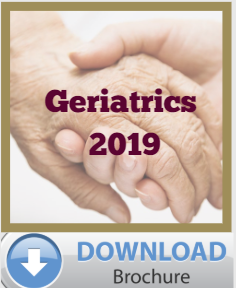
Tran Thi Minh Thi
Vietnam Academy of Social Sciences | Vietnam
Title: Intergenerational perception of living arrangement in the old age: Familization and rising market of elder care in Vietnam
Biography
Biography: Tran Thi Minh Thi
Abstract
Asian societies are known of our strong connection among family members and filial piety is a highly valued practice in Confucian culture. In Vietnam, family is long-term seen as being significant for elder care. The traditional concept that parents should live with their older children as an alternative to financial support, improve the efficiency of the provision of care, and increase the emotional support the parties can provide for each other. Due to increasingly migrating, working pressure, and individualization, there is an increasing withdrawal of family caregivers from caregiving upward their parents. Meanwhile, Vietnam is observing changes in demographics and family structure such as fast increase of population aged from 65, the extension of life expectancy, which is linked to an increase in the number of elders in need of care, drop in fertility rate, resulting in a shrinking supply of family caregivers.
Using our very new dataset from the national study on Family Values in Contemporary Vietnam, which surveyed 1750 people aged from 16 to 70 in 2017, this paper would analyze the role of modern family in care relations from
the perspectives of old and young generation and the interaction between family network, professional practice and government in care policy within Vietnamese aging context by analyzing questions on current and old age living
arrangement (i.e. living alone, living with spouse, living with sons, living with daughters, living in residential care center/nursing home and living with relatives/others) with involvement of the public policies and services.

